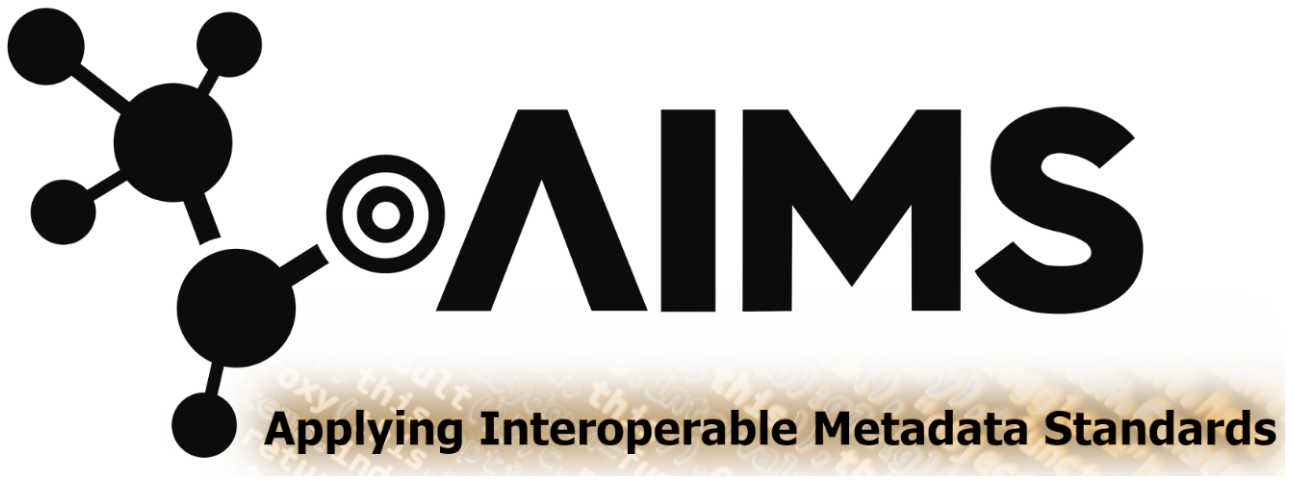The core elements of AIMS
To build a platform that enables researchers to create, share and re-use interoperable metadata schemata we combine three core features.
model
our modelling approach describes metadata as application profiles in a modular and hierachical fashion from elements of established controlled terminolgies
infrastructure
we provide a central web-UI to manage metadata schemata on our platfrom backed by repositories to store them as well as related validated metadata sets.
use-cases
from the start we include two use-cases with multiple applications from different fields of engineering for the platform to be fully integrated into the scientific workflow.
About AIMS and our motivation

Good scientific practice requires precise and comprehensible documentation of results. Even more when researchers want to share and publish their own research data or re-use archived data from third parties. Research data management based on widely standardised metadata is therefore essential.
An appropriate metadata management should enable researchers to select the right data set for their own research from a multitude of already existing digital data sets. In accordance with the FAIR principles, metadata must be interpretable for humans and machines. In the research project “Applying Interoperable Metadata Standards (AIMS)”, funded by the German Research Foundation (DFG), these challenges of metadata management for engineering research are addressed.The project focus is on mechanical engineering and related disciplines. The interdisciplinary team, distributed across several institutions from infrastructure and science, is creating a platform here that enables researchers to create and share metadata schemas. Through a modelling concept that relies on inheritance and modularity, a high degree of specificity can be achieved with maximum applicability and reusability of the metadata schemas. This will increase the acceptance of researchers to integrate structured metadata into their research processes, paving the way for common metadata standards as they become more widespread.

The project is designed from the outset as a cooperation between infrastructure and research. In this way, the metadata concept realised in AIMS is to be integrated directly into the processes of the researchers involved. By considering the interoperability of the resulting metadata schemas and interfaces, the generic transfer of the solutions to other research fields is explicitly pursued. In this paper, the requirements from research are outlined and the AIMS approach for metadata management is presented. In addition, an insight is given into infrastructural challenges and possible technical solutions of the metadata platform emerging from the AIMS project.
